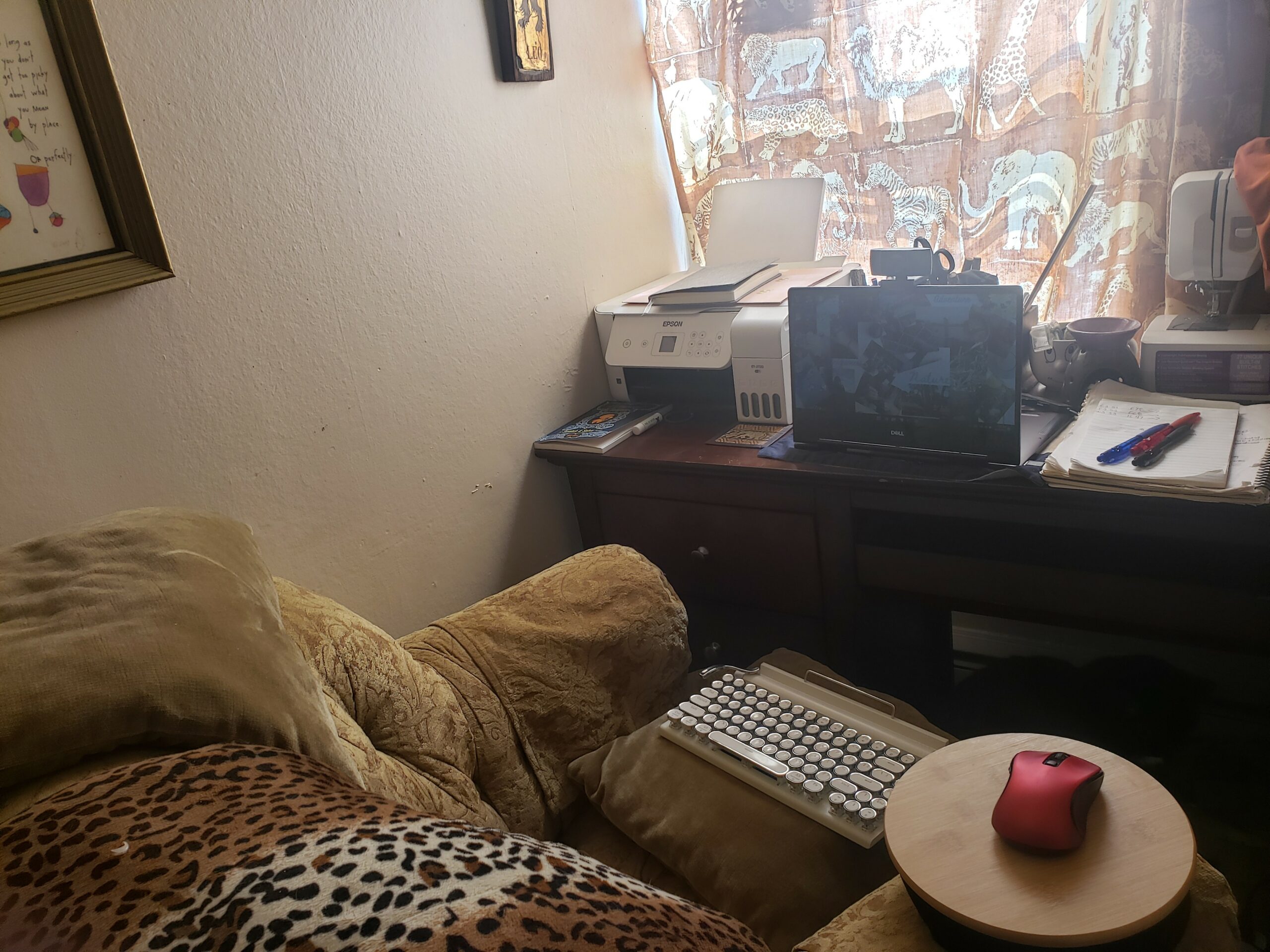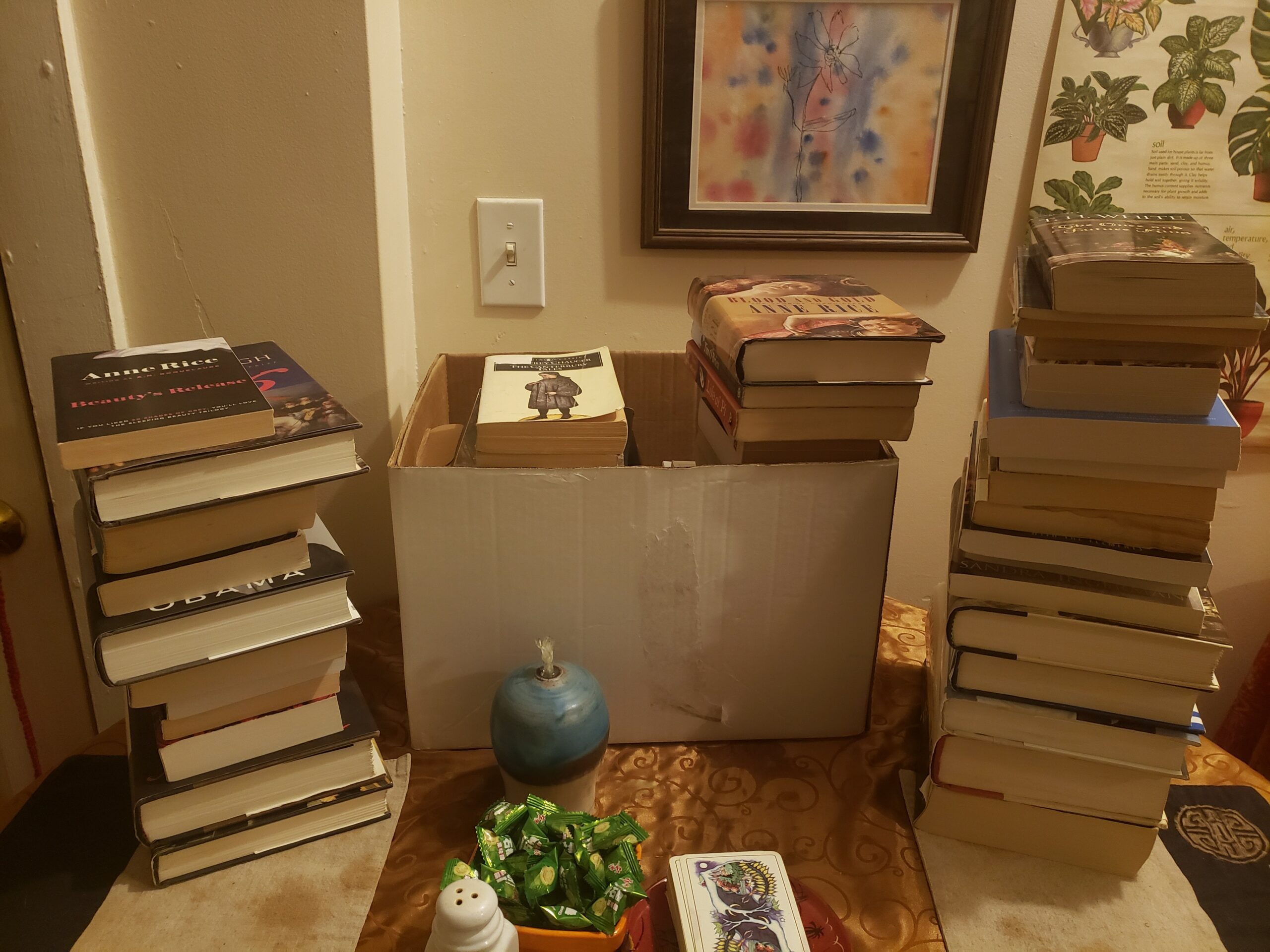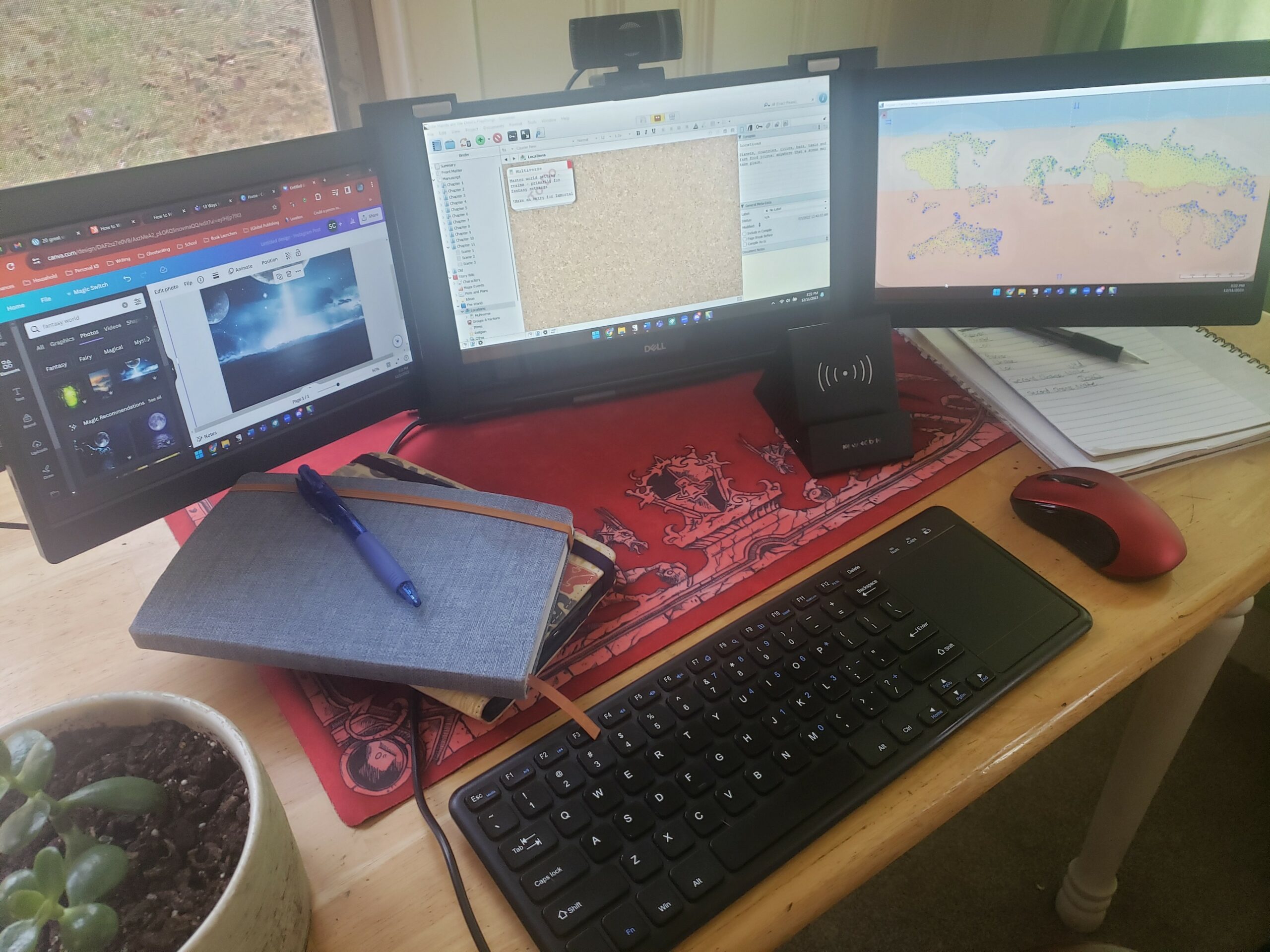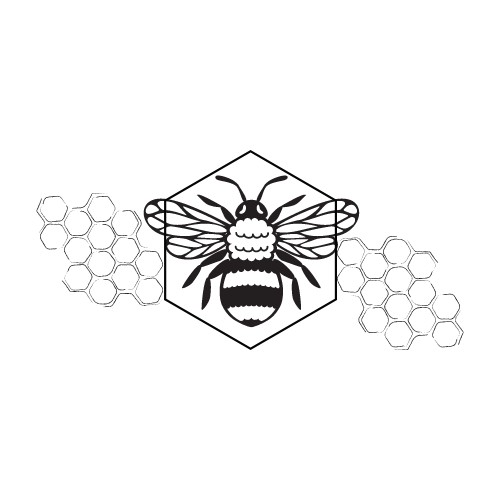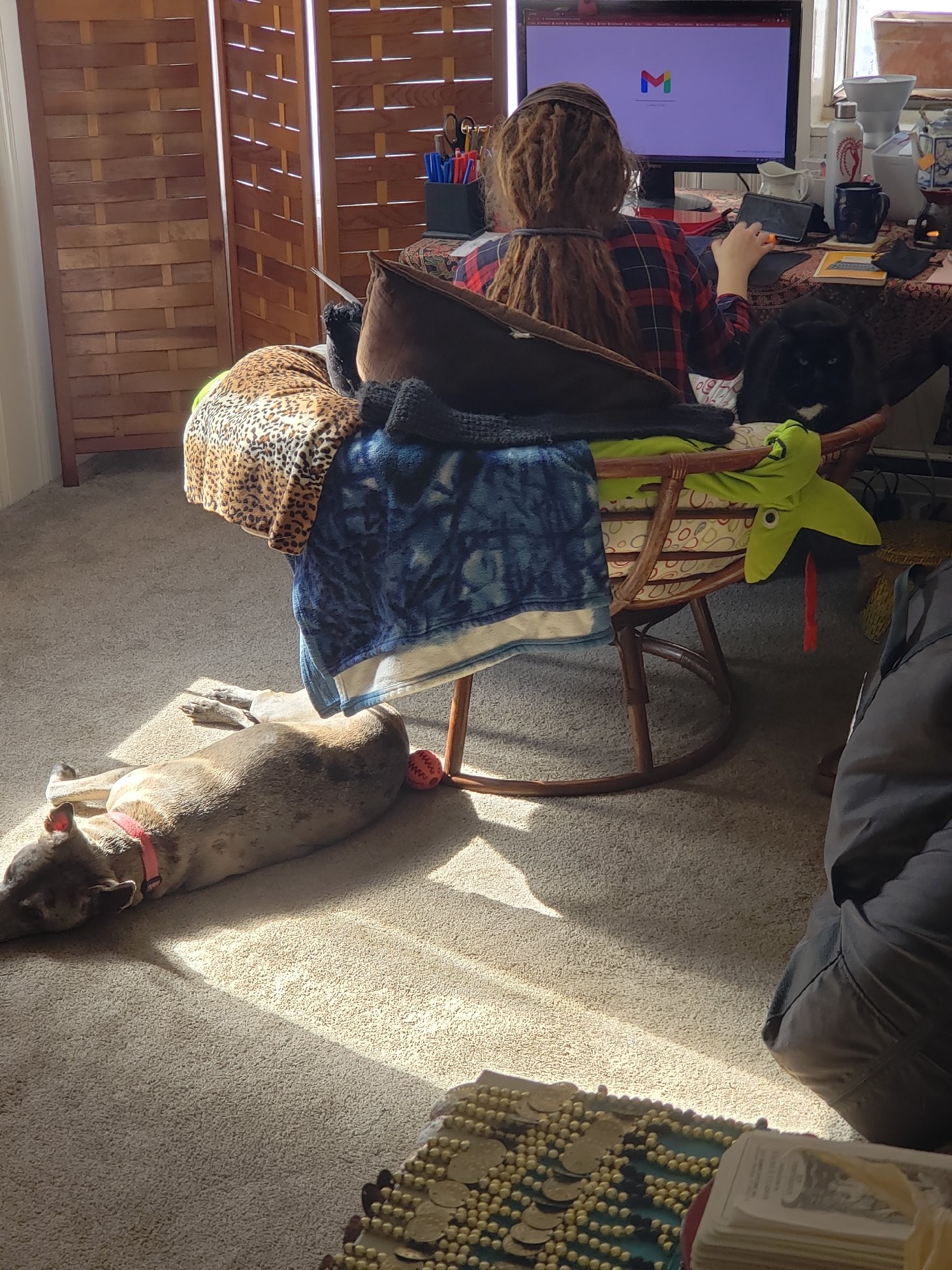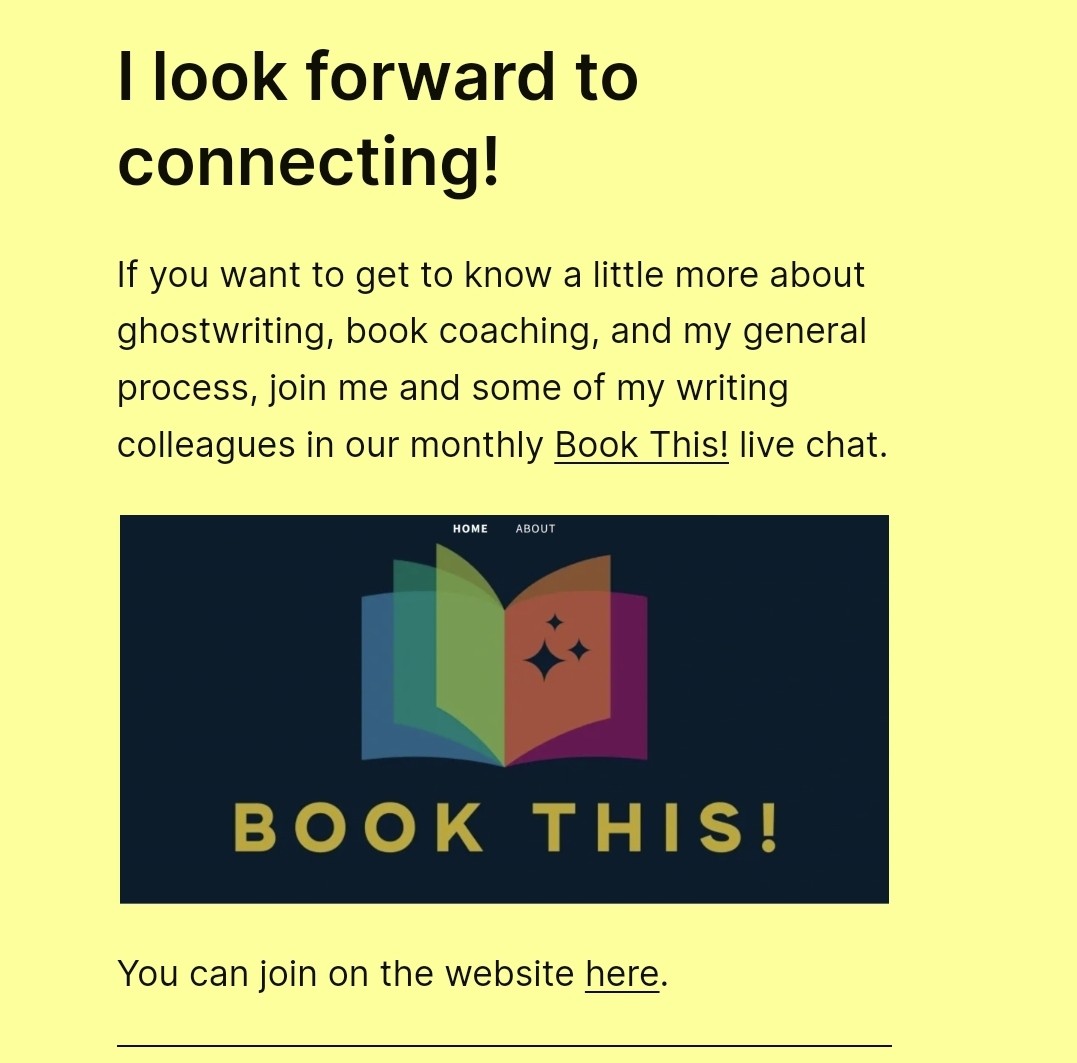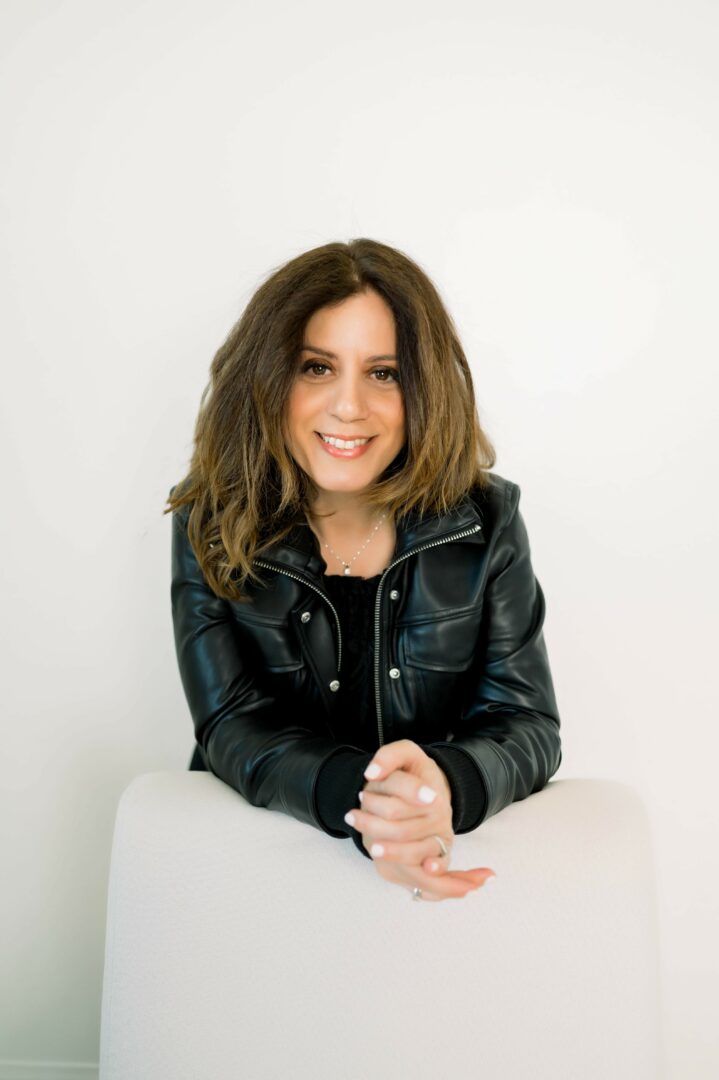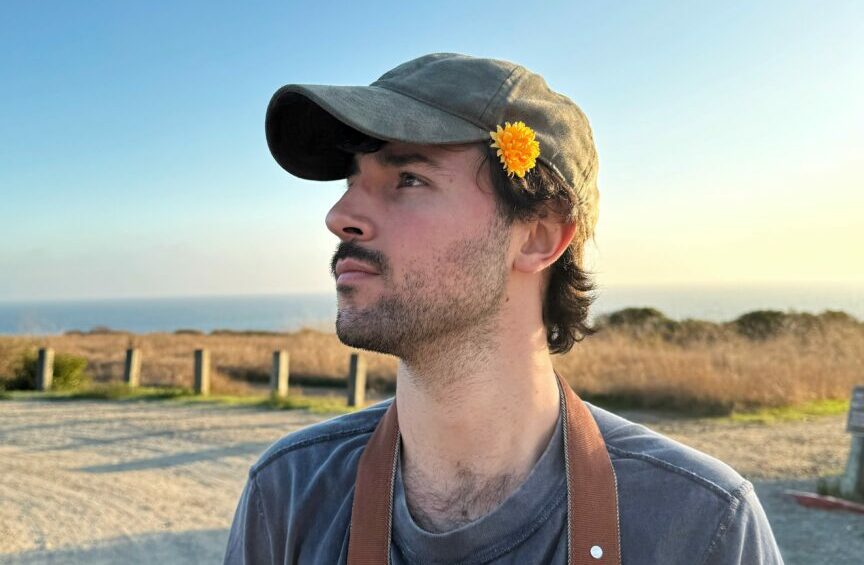We recently connected with Isabella Talbott and have shared our conversation below.
Hi Isabella, thank you so much for opening up with us about some important, but sometimes personal topics. One that really matters to us is overcoming Imposter Syndrome because we’ve seen how so many people are held back in life because of this and so we’d really appreciate hearing about how you overcame Imposter Syndrome.
I overcame imposter syndrome by working with a ghostwriting client who wasn’t the easiest. Sometimes it is true that overcoming adversity makes us stronger. This client was looking to write a book on a topic I had a significant amount of experience with. I’d been studying/pursuing the topics he wanted to discuss for more years than he had been. I wasn’t rubbing that in his face by any means but he kept questioning my “knowledge” and “understanding” of what he was talking about and trying to say. At first, it made me question whether or not I was as knowledgeable on the subject matter as I thought. Then I wondered if I was even the right ghostwriter to work on his project. I also questioned my abilities as a ghostwriter.
As it turned out, neither answer was correct. This client gave me so much pushback that it was impossible to get anything done. Another team member came on to help facilitate the project and that’s when things became all too clear to me. The team member who joined the project was a man who had no prior experience with the subject matter. Yet, this client was more than happy to agree with everything he said, didn’t question him, didn’t push back, and was nothing but courteous and professional.
I was discouraged. Again, it made me feel like I wasn’t good at my chosen vocation (despite the years of success I’d had). Fortunately, my co-writer was very supportive, and he brought to my attention that this client’s problem with me had nothing to do with my abilities and everything to do with my gender. Of course, that didn’t help. As a woman, it made me feel like I was struggling to make it in a “man’s job.” That somehow, my gender impacted my ability to perform at the level I was working at.
Despite my years of success in ghostwriting, and all evidence to the contrary, one client made me call all that into question. More than that, he made me analyze my own intelligence, experiences, and gender in the professional role I’d pursued as my career. I questioned whether or not I should continue with ghostwriting. I thought about all the struggles I’d face moving forward because if it could happen with this client, it could happen with others.
This was the most significant experience of imposter syndrome for me in my career.
Fortunately, it was also the catalyst to overcoming it and I haven’t encountered imposter syndrome since.
After a few months, this client ended up terminating his contract. Not because he was dissatisfied with my work. Rather, his daughter got into a car accident and was badly injured. He had to help her out financially while she recovered, which meant he couldn’t afford to work on the book. He was very angry and upset about the “inconvenience” of supporting his daughter during her time of need.
In an instant, my feelings shifted. I asked myself how I could let someone who was mad about helping an injured family member dictate my feelings about myself as a ghostwriter. Of course, I know nothing of that client’s family dynamic but it was easier for me to separate myself from the opinions and mindset of someone who did not share my values or morals. It made me realize I didn’t want to work with a client like that and it reminded me that as a ghostwriter, I do have a choice in the clients I work with.
That incident happened about 2 years ago. Since then, I’ve worked with some great clients and some okay clients. I’ve had projects that I saw through to completion and others where we weren’t the right fit and the client took their business elsewhere. No matter how a project goes, because of that one instance, I’m able to look at them more rationally. I can ask myself if it is worth tying myself in knots or questioning my abilities over a client who doesn’t align with me professionally or personally. I can remind myself that just because we aren’t the right fit doesn’t mean they are a bad person or that I’m a bad ghostwriter. It just means we aren’t the right fit to work together. I’m also able to look back on my successes and see how they outweigh the projects that take unexpected turns, and I can’t argue with the numbers.
By reflecting on my successes and reminding myself that I’m not the right writer for everyone, I’ve been able to navigate imposter syndrome and it hasn’t plagued me since.
Thanks for sharing that. So, before we get any further into our conversation, can you tell our readers a bit about yourself and what you’re working on?
I knew I wanted to be a writer since the time I was in high school. My dad worked from home and wrote books on different technologies, interviewing experts in the field. As a creative introvert with ADHD who struggled in conventional academia, that kind of job really appealed to me. Especially since I’d loved writing since before I hit puberty. Unfortunately, landing a remote job for writing back in the late 2000s and early 2010s wasn’t all that easy. Before Zoom and sites like LinkedIn and freelance writing job boards, establishing credentials as a writer worthy of getting paid wasn’t easy. I kept blogs and I wrote some articles but it was clear that without a journalism degree or related credential, I wouldn’t get my foot in the door.
Sadly, just loving writing wasn’t enough.
I spent my early twenties floundering around through school and various vocations. Nothing clicked, though, and I felt directionless. I kept coming back to writing. I kept blogs and I wrote novels, but I’d resigned myself to the fact that it was nothing more than a passion or hobby.
Then I felt myself getting pulled in a different direction. I wanted to pursue massage therapy and holistic healing. I went back to school for massage therapy, worked some odd jobs to pay my way, and when I got out, I started my own practice. Running a business wasn’t an instant success, so I began looking for part-time jobs I could work that would help supplement my income until my massage practice took off.
This led me to a search on Craigslist. By that time, Craiglist was an almost desolate forum. Primarily used for housing and car sales. The other sections were… sparse. But I took a chance and checked out the job board. I wasn’t looking specifically for writing, but I stumbled across a 100% remote, freelance book ghostwriting position. I figured it was a long shot, but I sent in my resume, cover letter, and some writing samples from a blog I kept at the time.
Within days, they offered me an opportunity to work on a sample project for them. I was elated and also a bit skeptical. It seemed almost too good to be true. This was the first ghostwriting gig I landed. From there, I managed to work my way into another gig that paid better, and then another gig after that which paid even better. Literally working my way from the ground up.
After I got a few solid projects under my belt, I had the writing samples I needed, and the professional experience, to keep going with my ghostwriting career. What was meant to be a side gig for supplemental income suddenly took off. I put my massage practice on hold while I continued to pursue writing. Ghostwriting was never “just” a job for me. It wasn’t “just” a career. I’ve learned there’s so much more to ghostwriting than writing and it has become a huge part of who I am.
What I love most about non-fiction book ghostwriting is the incredible people I got to meet along the way. Everyone has amazing stories and experiences to share and I’m grateful to everyone I’ve been working with for allowing me into their stories. Collaborating on a book project together is personal and inspiring. I’ve had to deep dive into some painful, emotional, and personal topics with my clients. I consider it both an honor and duty to connect with people on that level in order to write the highest quality, most authentic books to share their stories and messages.
I love being a resource, collaborator and support pillar on each of the projects I’ve worked on. When I get involved with a project, I follow it from beginning to end, and as a means of supporting my clients even after our work is done, I always pick up a copy of their books when it hits shelves. I might not be helping people the way I thought I would be, with holistic healing, but I’m still helping people tell their stories, spread their message, and grow their platforms.
Telling real-life stories in a readable, engaging way has been made easier by my fiction writing background. It allows me to connect threads and craft narratives, paint pictures and scenes, and capture emotion in ways that aren’t always present in non-fiction writing. One of my favorite parts of the job is taking a great story or idea and figuring out how it relates to readers. When I hear a story, I think, “What’s the lesson? What will readers take away from this?” Because at the end of the day, the lesson is what readers connect with. The story is the catalyst for teaching.
Writing has always been a passion of mine and ghostwriting became the perfect career for me to enjoy my passion and grow as a writer. It gave me the confidence to say, “My writing is good,” and has inspired me to pursue goals with my fiction writing in different publishing arenas. I am incredibly fortunate to have a career I love and that allows me to exercise my creativity. I’m lucky to have a career that also feeds my passions. Through ghostwriting, I’m given a chance to get free feedback on my writing, learn more about the craft, and then in turn apply those gains to my fiction writing.
As a creative writer and ghostwriter, I’m always looking for ways to challenge myself, grow, and take my writing to the next level. I love my current ghostwriting gig, but in the spirit of growing and challenging myself, I’m continuing to look for ways to raise the bar on my career and my performance. So, I’ve decided to take the terrifying and exhilarating step of venturing out on my own as a freelance ghostwriter, relying on myself to bring in projects rather than contracting with a company that supplies me with projects.
I’ve also begun participating in new writing/book lover groups that discuss the art of ghostwriting with other ghostwriters, potential clients, and book lovers. Book This! is the group I’ve been working on the most with a couple of close writing colleagues. We’re hosting monthly meetings on the second Wednesday of every month. Sign-up is available here: https://bookthistalk.com/.
If you had to pick three qualities that are most important to develop, which three would you say matter most?
The three most beneficial skills/qualities for my success as a freelance ghostwriter are:
1. Personal accountability
2. Conversational skills
3. Time management
If you’re starting out on your own creative or entrepreneurial journey, the skills or qualities that benefit you may differ from others. However, when it comes to working for yourself, personal accountability and time management are paramount. It can be liberating to throw off the expectations of a work schedule, or some kind of hierarchical management structure, and pursue things your own way on your own terms. Without personal accountability and time management, it’s hard to achieve the goals you set for yourself.
Time management can be easy to get a grip on. With calendars and alarms, task management apps, and programs, it is easier than ever to organize your schedule. I’d like to point out that even if you don’t have a position that requires you to be clocked in or present for specific hours, it’s still important to set your own expectations for when and how much you’ll be working. Especially if your chosen vocation involves working with clients or other people. You’ll want to be able to tell them when you’re available, and some consistency is important for creating lasting business relationships.
Personal accountability is another one. I’ve known a lot of people who worked from home during the pandemic, and without the structure of an office or manager, they couldn’t focus, were easily distracted, ignored work, etc. When you venture out on your own as a freelancer or entrepreneur, that lack of structure can hinder your progress. No one else is going to hold you accountable. When you have deadlines to meet, orders to fulfill, people to work with, services to provide, and all the other bits and pieces that go with freelancing or being an entrepreneur, personal accountability is what will keep you going because if you keep falling flat in those areas, your goals will fall flat, too. It is a good idea to have a means of compartmentalizing your personal life and work life. Whether that’s a rented office space, an in-home office space, designated work hours, limiting meetings to a specific day of the week, or whatever works for you.
A lot of people think that book ghostwriting is just writing. I spend a significant amount of time interviewing my clients so that I get the right content and information to write their stories for them. If I’m not interviewing them well, then the book isn’t going to come out well. I have to know what questions to ask, how to carry the conversation, and how to draw out their stories and keep their idea flow rolling. Whether you’re interviewing people, working with clients, or selling a product or service, knowing what to say and how to say it is key. For me, learning to interview came down to practice. I could also discuss tactics with my father, who had a similar career. So, if you know someone who is great at conversation, talk to them. Even if you don’t ask them questions about having conversations, just talking to expert conversationalists is a great way to improve upon your own conversational skills.
Do you think it’s better to go all in on our strengths or to try to be more well-rounded by investing effort on improving areas you aren’t as strong in?
While I believe that personal development and self-improvement are a constant part of the human journey, it is my opinion that it’s better to go all in on our strengths. This viewpoint came to me from a client who told me once, “I never hire anyone with my skillset. I only hire people who are experts in areas I’m not.” She managed a large production team but even as a manager, she never felt like she needed to be the smartest person on the team. She was happy to have people on her team that were experts in other areas, and more adept in those areas than her. She told me this was because she wanted to be able to focus on what she did best – managing the team and projects – rather than spend all her time learning new skills. It was a better way to share the workload and ended up being more efficient and productive in the long run.
Working with her taught me that work and life are collaborative efforts. There are always going to be people who are smarter than me and better at me with certain skills. I’d rather spend my time focusing on what I do best, and what I love to do, rather than put time, effort, money, and stress into improving myself in areas I’m less passionate about and that I know aren’t my strong points.
It is possible to be well-rounded and to improve areas as needed without diverting too much attention or time from your strengths and passions. So, I would never say that self-improvement should stop or be put on hold. Yet, your natural strengths and aptitudes are always going to be your greatest assets.
Contact Info:
- Website: https://isatalbott.com/services/
- Linkedin: www.linkedin.com/in/isabella-talbott
